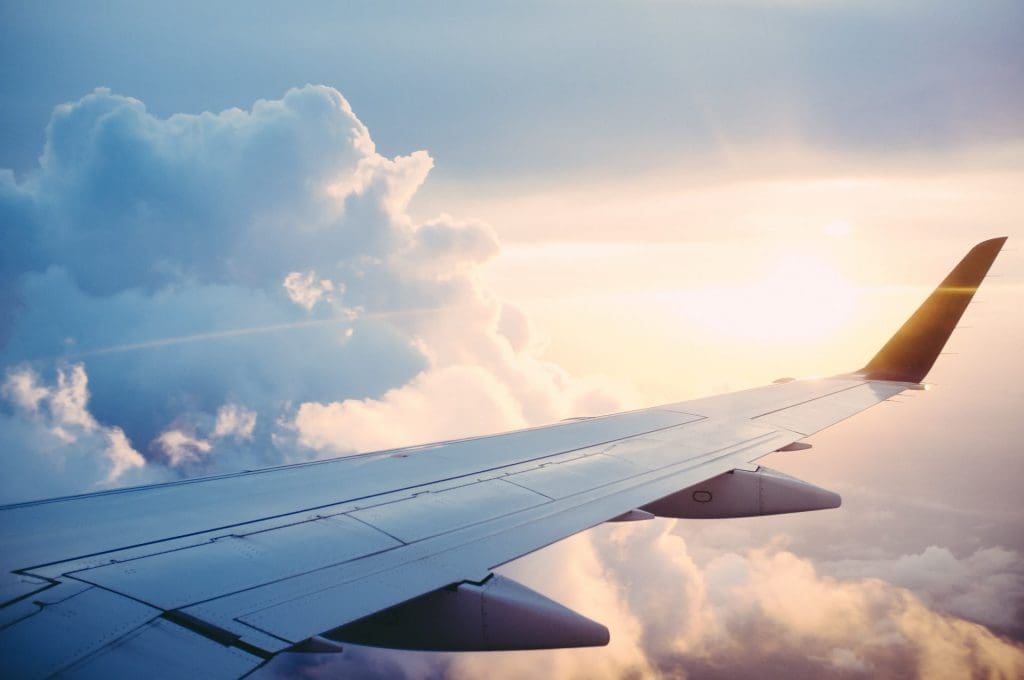Thinking of going on holiday soon? Here are the procedures to be followed by travellers who test positive for COVID while overseas.
As travel bubbles begin opening, it is no question that Australians are already beginning to plan their next getaway.
Unfortunately, as a pandemic still looms there is always the possibility of catching COVID while travelling.
To be prepared for any unexpected setbacks, make sure rigorous planning is done beforehand such as identifying testing locations, local covid laws, and any insurance or medical care that can be bought.
Depending on the country, specific procedures and requirements may need to be followed for tourists. This includes COVID testing (such as upon arrival to the country), vaccinations, and especially protocols if the traveller returns a positive result for COVID.
What general steps can I take if I think I am positive for COVID?
If you think you have been exposed to a COVID contact and may be positive, get tested immediately and isolate until a negative result is returned even if the local laws don’t require you to go into self-isolation.
In select countries, rapid antigen tests may be available which will return results in under five minutes. This includes the US, China and Germany.

If these aren’t available, find out from your hotel or travel guide where the nearest available testing clinic is located.
Upon testing positive, immediately contact an available hotel and travel operator who will provide advice on the health procedures specific to that country.
What happens if I catch COVID in France, Italy or Spain?
France, Italy, Greece and Spain definitely are or have been on the ‘must visit’ list of nearly every traveller ever, deemed as some of the most beautiful places in the world.
Catching COVID in these countries means having to isolate for 10 days from the day of the positive test result.
However, in Italy the number of days in isolation may increase up to 21 days if positive results are continuously returned.
When testing positive in France, this result must be recorded and tracked in the TousAntiCovid App.
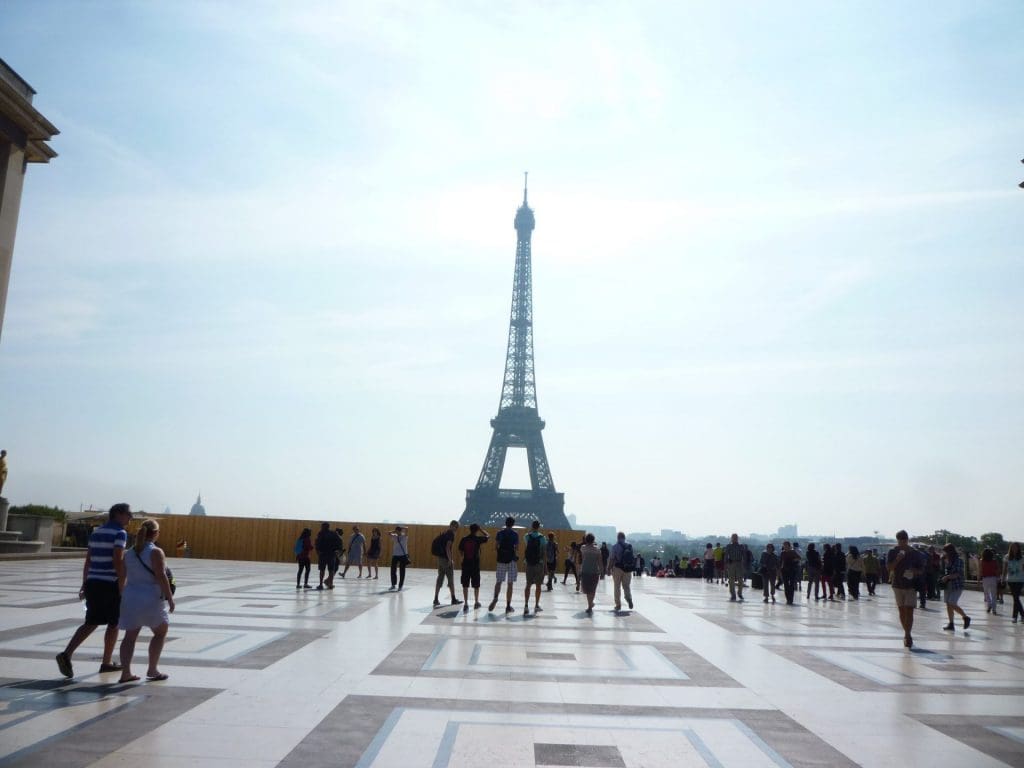
Take note that the extended period of stay due to COVID, whether that be for isolation or medical treatment generally will not be funded by the government in these countries.
In this case, it is important to check health insurance details, ensuring that not only overseas medical expenses are covered, but also costs for quarantining overseas.
What happens if I catch COVID in Iceland?
With Australia due to reopen international travel by the end of the year, the natural wonders of Iceland will be on the minds of many.
It is a requirement that all visitors to Iceland are fully vaccinated and able to show a certificate of full vaccination and any previous records of COVID infection. Within 72 hours of arriving within the country, the traveller will need proof of a negative COVID test (self-tests are not accepted).
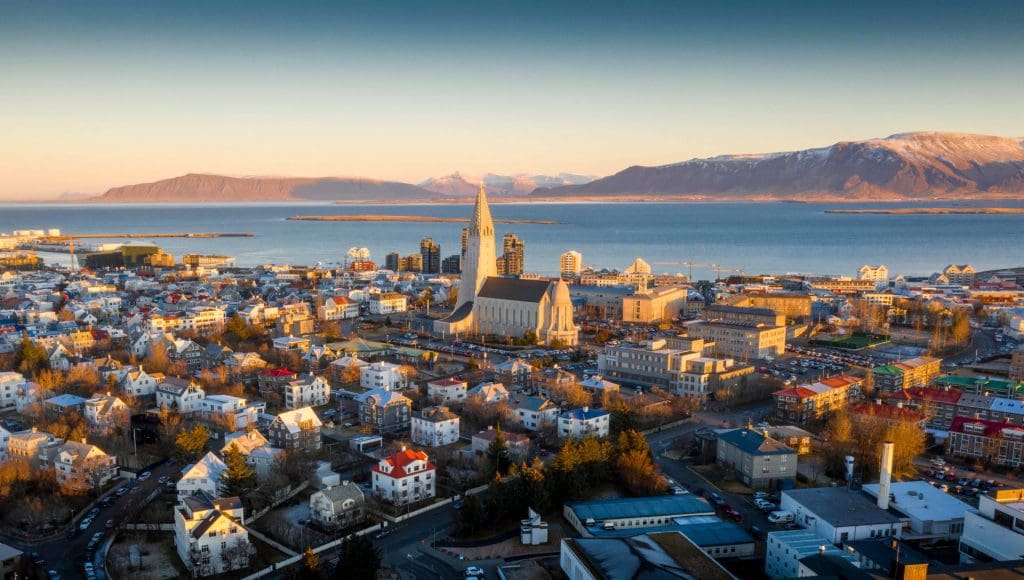
Self-isolation in Iceland can end if the individual has been symptom-free for the final seven days of their total fourteen days of isolation.
Home isolation in Iceland is permitted if the traveller can meet the country’s requirements. However, if these are not satisfied the individual will have to stay in a government provided quarantine facility or hotel.
Travel insurance isn’t required for travellers who test positive as in some cases, the cost of quarantining will be covered by the government.
Take note that if you book flights to Iceland with IcelandAir, the company will book a complimentary return ticket after the quarantine period if they have outstayed their original ticket date.
What happens if I catch COVID in the UK?
When testing positive for COVID in countries within the United Kingdom such as England, self-isolation for at least 10 days from when a positive result was first returned is mandatory.
This also applies if a negative test has been returned but the traveller has been identified as a close contact to someone with COVID.
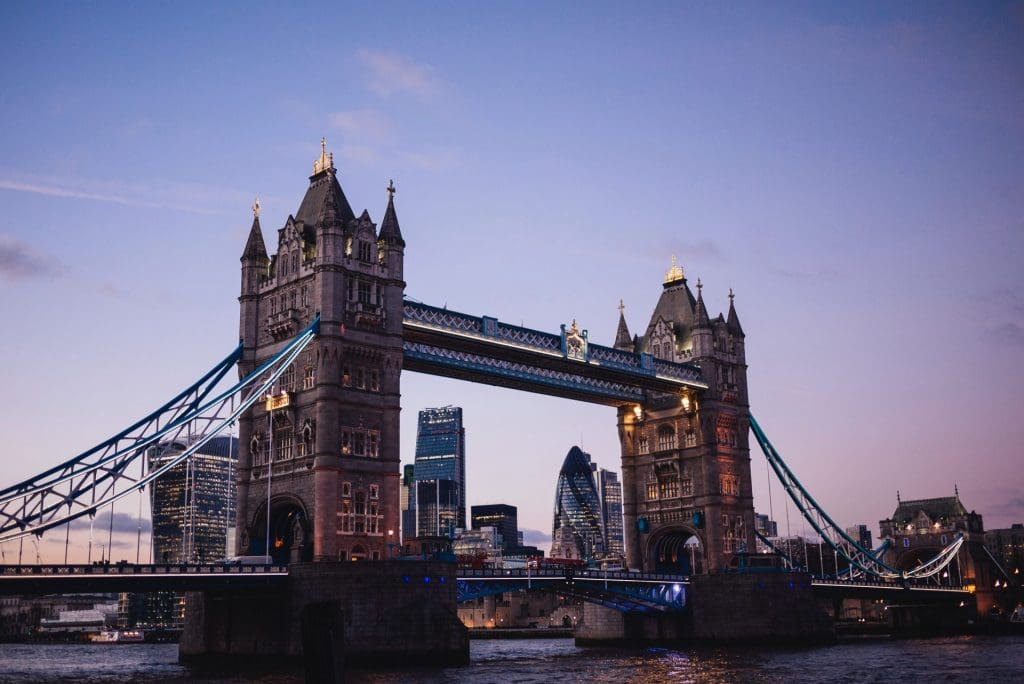
Travellers who test positive will need to contact their accommodation provider immediately as well as anyone else who they have been in contact with.
Similar to isolation procedures in many other countries, it will be at the expense of the traveller.
What happens if I catch COVID in Greece?
In Greece, even if the traveller has been exposed and is deemed a casual contact, 10 days of isolation is still required even if they initially return a negative test result.
During these 10 days, health and COVID-related symptoms are monitored. Throughout this period, if symptoms continually persist further isolation is required until the traveller can return three full days without fever related or respiratory symptoms.
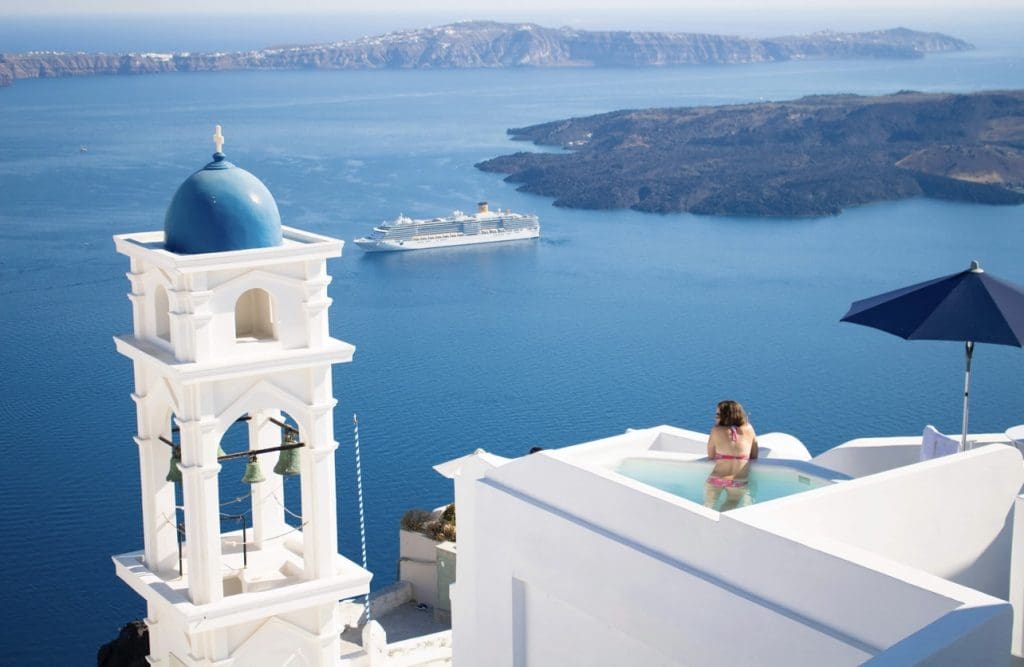
In many cases, the Greek authorities will pay for this extended stay, with the only exception being that you may have to move to a state-provided quarantine hotel. To get out of self-isolation, you will have to take an antigen test and produce a negative result.
What happens if I catch COVID in the Maldives or Bahamas?
24 hours before entering the Maldives and Bahamas, a Traveller Health Declaration will need to be submitted.
Catching COVID in the Maldives or Bahamas means having to isolate for 14 days, either in a resort or a government-run facility.
Both of these options are at the expense of the traveller. However it is important to note that in the Bahamas, before entering the country the government has stipulated that it is best to have some form of coronavirus-related coverage.
In saying that, if a tourist is chosen at random to undergo COVID testing (such as in the airport), all costs will be bared by the government.
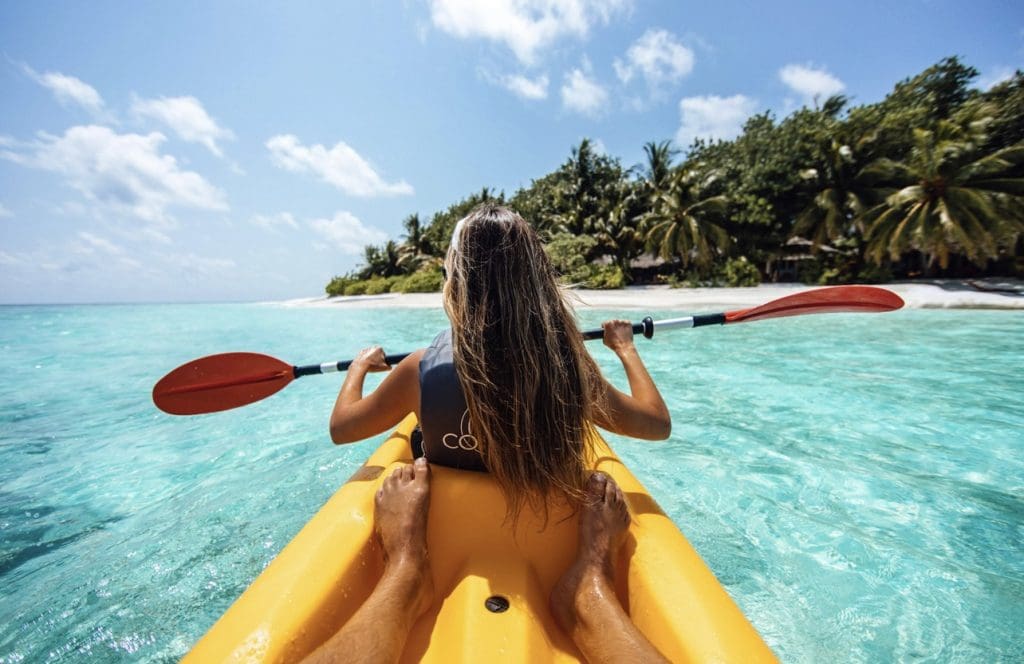
What happens if I catch COVID when travelling interstate in Australia?
As borders begin to open allowing interstate travel to resume, it is important to know the regulations and updated COVID advice exclusive to each state / territory.
In Australia, individuals who have returned positive results for COVID must self-isolate, under the exception that medical care is required or an emergency occurs. This is the only case when positive travellers are allowed to leave self-isolation.
All confirmed COVID cases within all states of Australia are required to self-isolate for 14 days until medically cleared, even if the individual is fully vaccinated.
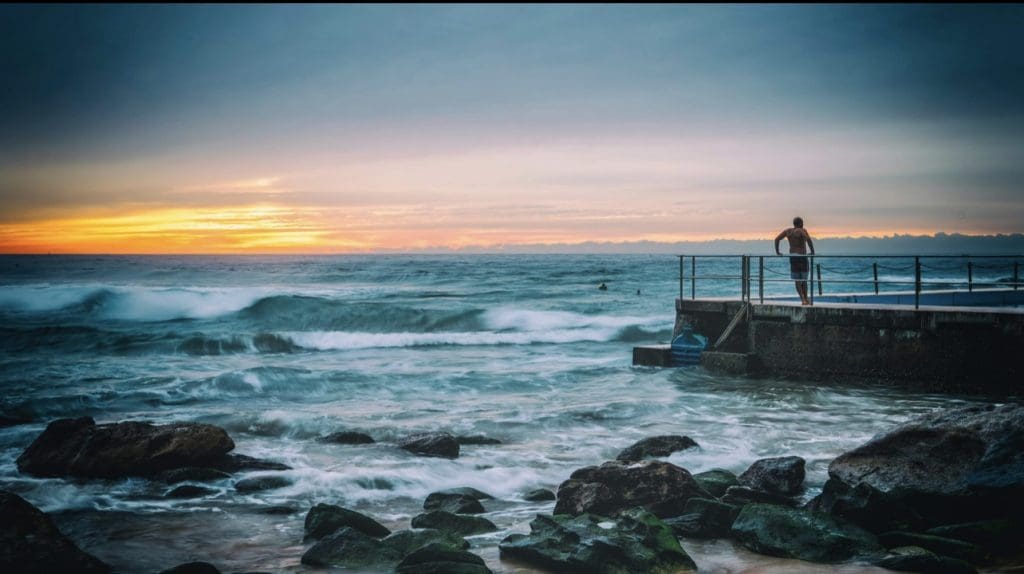
However, there may be specific requirements for each state:
QLD: If testing positive for COVID in Queensland, travellers are not permitted to isolate in a home. Instead they must travel by ambulance to a designated care facility and undergo isolation for 2 weeks.
SA: Isolating in a residence is allowed in South Australia under the requirement that the home is approved by a risk assessment team.
NSW: Isolation within some form of accommodation (such as a home) is permitted in New South Wales only if the infected person is living in a different area with a separate bathroom to the rest of the house members.
Find out more: Where Australians Can and Can’t Travel with an Australian Passport if you are Unvaccinated.

